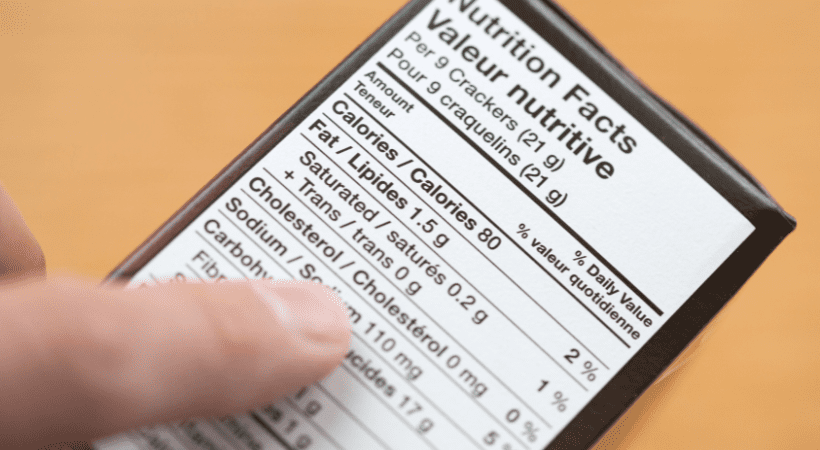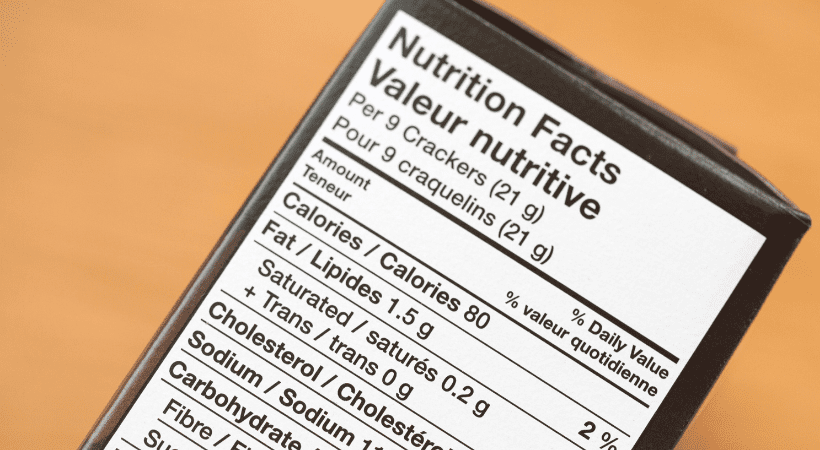Changes to Belgium Language Requirements for Labelling – Everything you need to know
Changes to Belgium Language Requirements for Labelling – Everything you need to know
For businesses selling their products in Belgium, there amendments to national regulations clarifying what languages should be used on food and beverage labelling. We talk to our local food regulatory experts who explain everything you need to know about the amendments and how to comply.
Contents
- What is the law and why has it been changed
- What does this mean for food labelling language requirements in Belgium?
- What do food manufacturers need to do?

What is the law and why has it been changed?
The language on labels is fundamental to enabling consumers to make safe and informed purchase decisions. Belgium has three national languages (Dutch, French, and German) – but which of these languages must the mandatory food information be presented in? Can it be expected that the country’s population understands at least one or two of the national languages, or must all three languages be provided under all circumstances?
According to the original Belgium national law, Article 8 of the law of January 1977 on the protection of the health of consumers concerning foodstuffs and other products, “Labelling information must at least appear in the language(s) of the linguistic region where the products are placed on the market.” However, confusion arose with the entering into force of the later Regulation (EU) 1169/2011, which harmonises general mandatory product information within the EU. Article 15 of this Regulation states that information must be indicated in a language that is easily understood by the consumers of the Member States where the food is marketed.
The discrepancy between the two legislative pieces in terms of ‘languages of the region’ and ‘languages easily understood’ led to differences in interpretation and confusion as to how the laws interacted – as some believed that if French and Dutch were available, the product information would be sufficiently understood by consumers across the whole country (including in the German speaking community). The interpretation of the national authorities remained solidly that the German language must always be present when sold nationwide or solely in the German municipality of East Belgium. This was however not an interpretation shared across the industry with many businesses providing their food information in French and Dutch as the ‘one sit fits all’ approach.
EU harmonised regulations also allows Member States to stipulate that the mandatory food information is given in one or more of its official languages. On this basis and to end the controversies around the German language requirements, Article 8 of the Belgium national law was amended on the 22nd September 2022.
What does this mean for food labelling language requirements in Belgium?
The amended national legislation states that ‘the particulars which appear in the labelling and which are made compulsory in execution of this law, or by the relevant regulations and decisions of the European Union are at least provided in the language or languages of the linguistic region where the products are placed on the market.’
What this means in practice is the following language requirements:
- Nationwide – at least Dutch, German and French
- Brussels area – at least Dutch and French
- German area – at least German
- Flanders – at least Dutch
- Wallonia – at least French (except German community)
In summary, food products sold in the German-speaking community will need to be labelled in at least the German language, and products sold nationwide need to bear at least the Dutch, French and German language.
The new law suggests that the language requirements are stricter than EU harmonised Regulation 1169/2011 due to the replacement of the word ‘label’ with ‘labelling’ – which extends the criteria to any supportive documents accompanying food products, including allergen declarations for non-prepacked stuffs.
Authorities have promised a tolerant enforcement approach until the end of 2023, allowing businesses to adapt their packaging.
What do food manufacturers need to do?
Firstly, (if they haven’t already) food manufacturers that sell within Belgium need to familiarise themselves with this law amendment and determine if it will impact their business.
If it does involve their business and brand, manufacturers need to ensure they’re appropriately equipped to provide adequate and compliant labelling solutions from the beginning of 2024. The new law gives enforcement the legal basis to challenge brands who don’t comply, so it’s important you do so to avoid fines.
And, if manufacturers are still unsure, it’s time to call in the experts. With extensive experience in global markets, Ashbury’s external support services can ensure that brands aren’t caught out or found to be non-compliant.
For more information about how this regulation change might impact your business, or updates across other markets of sales, do get in touch with the team.

Femke Russell started working for Ashbury 10 years ago when she relocated to the UK from the Netherlands. As well as advising on the food regulations that impact markets such as Belgium and the Netherlands, Femke is a Technical Delivery Lead, helping to optimise project management and delivery for our clients.
Next reads
The Peanut Diaries: School and Social Occasions
The Peanut Diaries: Navigating Social Events and Celebrations with Food Allergies
The Peanut Diaries: A Parent’s Journey to Uncovering their Child’s Allergy
Redefining Healthy: What the FDA’s New Rules Mean for Food Labels and Nutrition Claims
Keep up to date with our latest insights
Subscribe to our mailing list to stay in touch with the latest news, insights and updates from Ashbury




